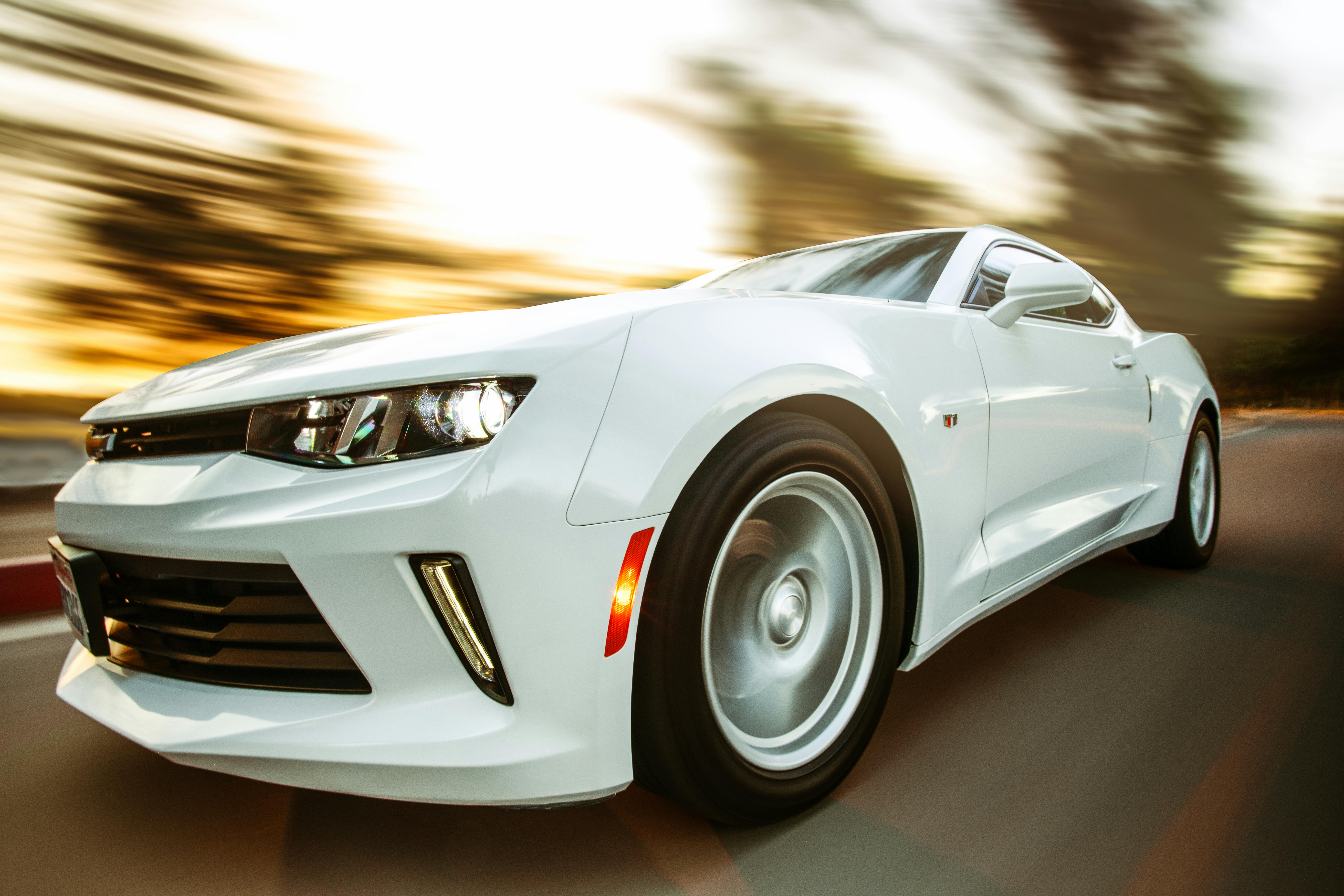Buying a new vehicle or vehicles for your HVACR business is an important step in keeping your business healthy and profitable. As with any major purchase, smart buying techniques and good research are the key to making a good decision. Factors to consider when purchasing new vehicles for your business include considerations such as job duties on the vehicle, its efficiency, life cycle costs, and how long you plan to keep it.
The first question that needs to be addressed is how you are going to use the truck, your specific needs and requirements. Standard questions start with your typical job description. Are you primarily involved in single-family home repairs and replacements, or do you specialize in large new construction projects? The bigger the projects you are primarily involved in, the bigger the vehicle you will need. What type of area do you operate in? Do you operate in a metropolitan area or do you do most of your work in a rural area that spans many square miles? If all of your business takes place within a short distance from your base, it could mean that you have to select a different truck than if you take longer trips to work sites.
Rule number one in all cases is not to skimp on size or payload. Packing your truck up to the doors or loading it within a few pounds of its capacity all the time is a bad idea. It will make you and your team less efficient at work and the truck’s systems and components will wear out and start failing much sooner. Allow growth in both capacity and load capacity. The GVWR (Gross Vehicle Weight Rating) is of utmost importance. The GVWR represents the total weight of the vehicle, including the vehicle itself, passengers, equipment, tools, etc. Adding a bunch of shelving, racks, and more can quickly consume the entire payload capacity of the vehicle.
The carrying capacity also applied to the crew. Think about how many bodies there will be on average in the crew. If you send a crew of two most of the time, it won’t be a big problem, but if you need to send four frequently, you may need to send an additional vehicle. Most manufacturers offer double and extended cab trucks that can carry up to six passengers to eliminate this problem.
Obviously, price will always be a priority, but don’t let the window sticker be the final point in your decision. Numerous factors must be considered to determine the true life cycle costs of the vehicle. You should consult your financial and / or business advisers on the details of how much to spend and how to spend it. They should be able to explain the financial advantages and disadvantages of various purchase options, including business expenses, tax advantages, and whether you should buy or lease.
Leasing can offer a number of advantages over buying. These include lower start-up costs, lower monthly payments, numerous tax advantages, and a guaranteed ending rental value. The dealer must also be a lot of good information. Compare, talk to at least three or four distributors and select one that you think is interested in you and your business. A commercial vehicle dealership faces a completely different task than a regular retail car dealership. The dealer should be able to provide you with the exact specifications of the vehicles they offer, including warranty options, details of roadside assistance, and service and maintenance. Talk to the service department staff if you plan to have that dealer perform routine maintenance on the vehicles. Once you have purchased the truck, the service manager and his staff will probably be your most common and therefore very important contact.
Once you have the required capacity, the carrying capacity, and the final pretty settled decision money, you need to select what type of vehicle you want and need. The three basic options for the commercial HVACR operator are the truck, the van, and finally the commercial truck. Each has its share of attributes and negatives.
The classic work vehicle, the pickup, remains a very popular choice, and for good reason. Available in a wide variety of styles, shapes, and payload capacities, the truck is the perfect answer for any number of HVACR job applications. One of the truck’s greatest attributes is that it also offers numerous cargo options, including the standard truck bed, the standard bed equipped with lockable tool boxes and a ladder rack, a cargo box box, or a service box. special. While the utility bed option will be more expensive initially than the other options, keep in mind that the utility bed can be transferred from one truck to another and can last three, four, or more truck life cycles, reducing costs. general expenses. Numerous manufacturers such as HIVCO, a Los Angeles-based manufacturer, offer a service body package specifically designed for the HVACR trade.
The van is another excellent option for small and medium-sized businesses. Offered in mini and full-size models, the van comes standard with good cargo capacity and good safety. General Motors makes the only rear-wheel drive minivan, the Chevrolet Astro and GMC Safari, but several manufacturers offer front-wheel drive models that will perform well for light-duty applications. The top three manufacturers offer excellent full-size truck models. Virtually all commercial dealerships offer interior trim packages and, when equipped with roof and side racks, the van can meet the needs of a large percentage of commercial HVACR operators very well.
If your business requires you to routinely haul very large loads, then a Step Van or Low Cab Forward (LCF) might be the best option. Both the Step Van and LCF Van offer much higher payload capacity than the standard van or van. More expensive initially, they are becoming increasingly popular in all areas of business. Available in a wide variety of payload, wheelbase and overall sizes, both the Step Van and the LCF Truck, these vehicles are your best option if your business requires a true heavy duty truck. Once you have decided what type of vehicle, you must decide on the power choice. As a general rule of thumb, unless you have a clear feel either way, if you expect the truck to log less than 30,000 miles a year, choose the gasoline engine. If the truck will go more than 30,000 miles a year, think about diesel. More expensive initially, diesel will provide better fuel economy and cost you less in the long run.
Finally, don’t discard a used vehicle. The low-mileage units of all three options are readily available in the used vehicle market. They can be had with extended warranty protection, service plans, and can even be leased in some cases. Made with a little thought and sound decisions, your new vehicle or vehicles will serve you long, faithfully, and at the lowest possible cost.




